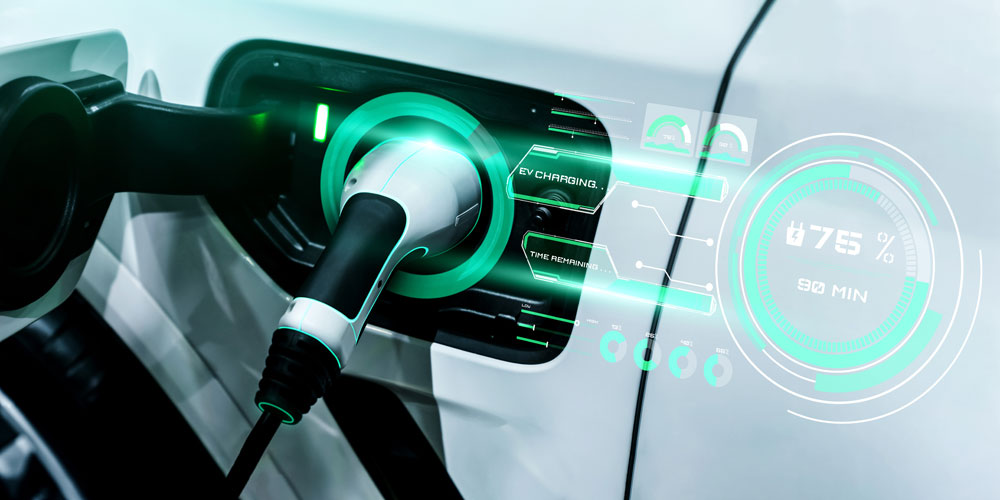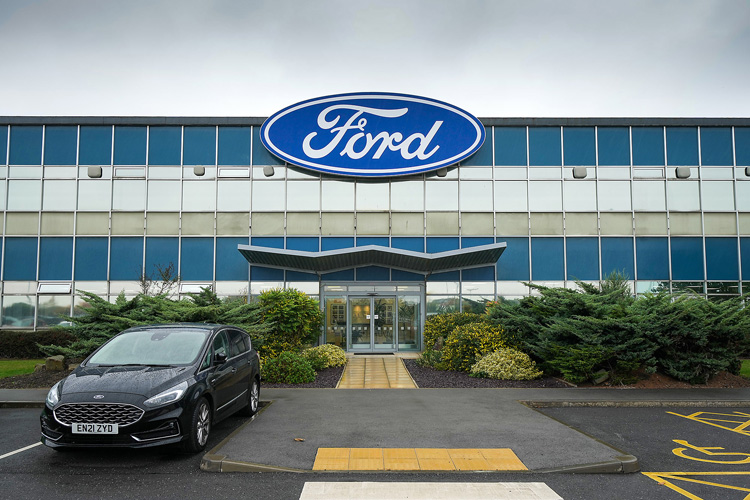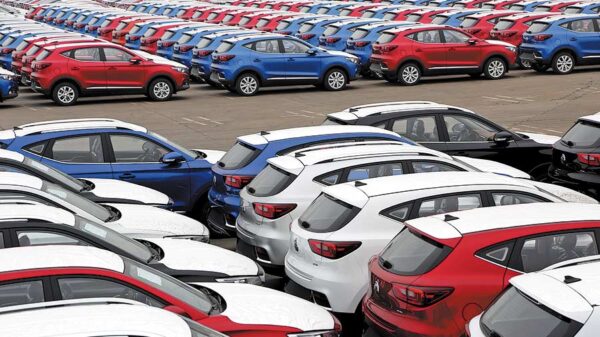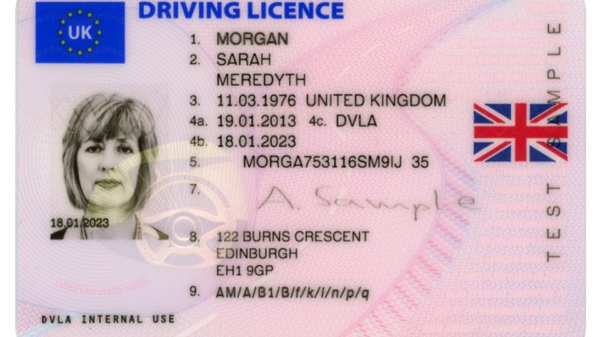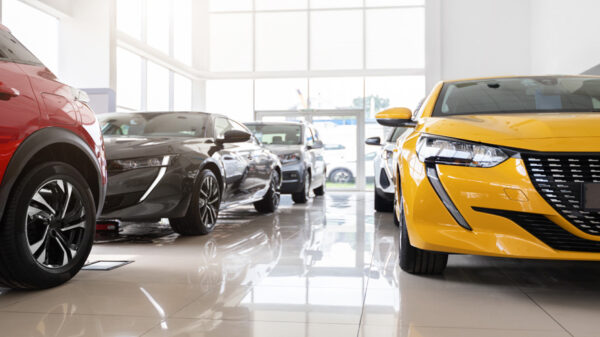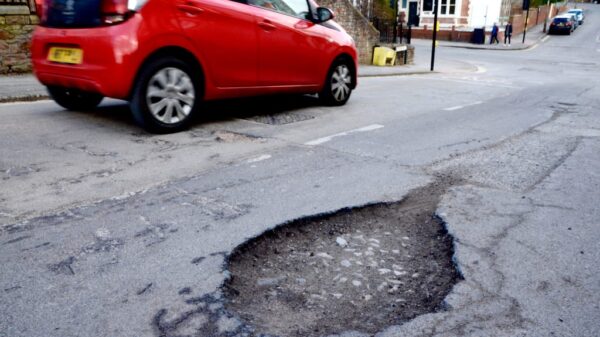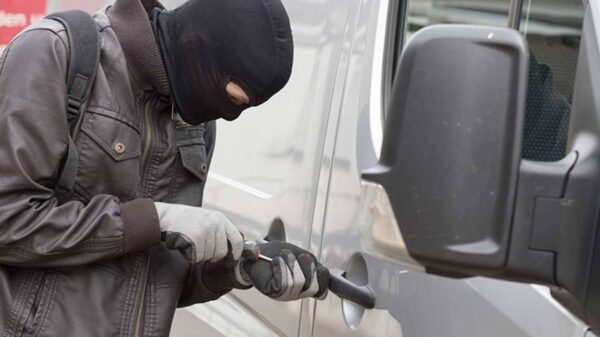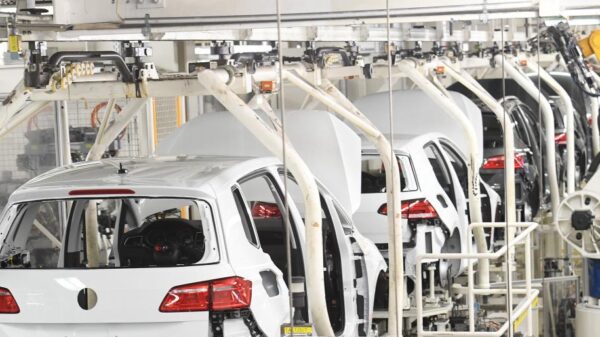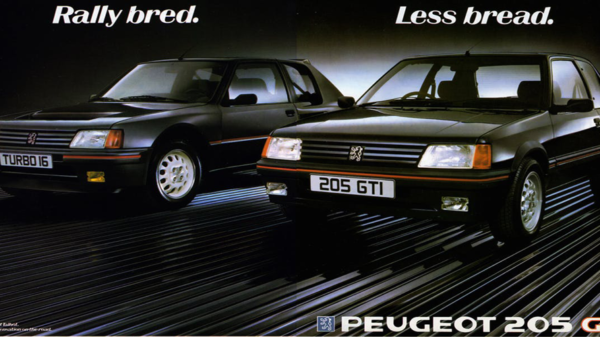Encourage Incentives to Make EVs Cheaper
Whilst the Labour Party has pledged to speed up the rollout of electric cars, an expert has called on Keir Starmer to introduce incentives to make EVs cheaper. The EV leasing organisation The Electric Car Scheme has called on the new Labour Government to impose more schemes to make zero-emission vehicles (ZEVs) more affordable.
The Daily Express is reporting that during their election campaign, Labour pledged to bring the ban on new petrol and diesel-powered vehicles back to 2030. Whilst the company welcomes the plan, Thom Groot, CEO of The Electric Car Scheme, suggested that three factors need to be imposed to help encourage more drivers to buy an electric car.
He advised: “If Labour is going to have any chance of fulfilling the laudable, but ambitious, reintroduction of the 2030 ZEV mandate, they need to do three things right away: extend low BIK [Benefit-in-kind] rates until 2035 at five percent; lower the VAT on public charging to five percent to bring it in line with the cost of electricity at home; avoid the temptation to impose tariffs on affordable EVs from outside the UK.
“We know from our research that, for 68 percent of Brits, affordability is the biggest barrier to getting an EV and 53 percent feel they can’t afford to cut their carbon footprint, so we need to be doing all we can to bring down cost.”
Originally imposed in 2017, the ZEV Mandate will ban the sale of new petrol and diesel-powered cars by a certain year, although will not prevent drivers from using or buying used examples.
The limit was initially set to 2040, before being brought forward to 2035 and 2030 respectively. However, in September 2023, the mandate was pushed back to 2035.
During the election, Labour pledged to bring the mandate back forward to 2030, which puts the UK in line with countries such as Germany, Sweden and The Netherlands.
Thom suggested that, whilst making sure EVs are affordable is unlikely to be the top priority, Sir Keir Starmer should realise the impact incentives would have on motorists.
He added: “Keir Starmer will have a bulging in-tray over the next few months, but he and his government cannot afford to let this key policy fall down the priority list. If this happens again, as it did under the Tories when the deadline was initially extended, the goal risks becoming totally unrealistic. What the industry and the public needs is a clear plan to reach 100 percent EV sales by 2030.”
In addition to bringing forward the ZEV Mandate by five years, Labour have also pledged to increase the number of public chargers throughout the UK.
Whilst there is no set target to reach, increasing the number of available chargers will help to reduce range anxiety, the feeling electric car owners sometimes experience when they are running out of charge.
The party has also promised to introduce an EV battery health standard, which could help to increase consumer confidence in second-hand electric cars and tackle high depreciation rates.


